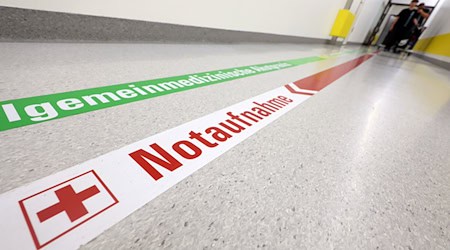35 years after German reunification, around one in three Germans believe that there is more separating East and West Germans than they have in common. According to a representative YouGov survey, 30 percent are of the opinion that the differences between East and West Germans predominate. Only 16 percent believe that similarities dominate. According to the survey, 40 percent think that similarities and differences balance each other out, while 13 percent are undecided on this question.
East Germans are more likely to perceive differences than West Germans
According to the YouGov survey, differences are more likely to be perceived by citizens living in the eastern German states, including Berlin: 43 percent of East Germans think that East and West Germans are more divided than united. Only 11 percent believe that the similarities outweigh the differences.
In the western German states, 26 percent of people believe that east and west are different. According to YouGov, 18% stated that they believe the similarities outweigh the differences.
YouGov said it surveyed 2,057 eligible voters aged 18 and over between 12 and 15 September 2025.
Comparison with 2019: More East Germans see growing gap
A comparison with data from 2019 shows that citizens in the East German states believe the gap between East and West is growing, according to YouGov. Back then, 34% of East Germans believed that the differences were greater - today, the figure is 9 percentage points higher. At that time, 15 percent thought that the similarities outweighed the differences.
In contrast, according to YouGov, the perception of citizens from the western German states has hardly changed: in 2019, 25 percent thought that there were more differences and 19 percent believed that the similarities outweighed the differences.
Other surveys also show alienation
Other surveys also show alienation between East and West. According to a recently published Forsa survey, only 35 percent of the 1,000 or so respondents said that East and West Germany had now largely grown together as one people. For 61 percent, it is rather the divisiveness that predominates - in East Germany even 75 percent say this.
According to another survey by the Insa opinion research institute, only around one in two East Germans say they see unity as a benefit for them. 19 percent see unity as a disadvantage for their lives, according to the survey commissioned by the magazine "Superillu". A further 21 are of the opinion that unification has had no impact on their lives.
Copyright 2025, dpa (www.dpa.de). All rights reserved










